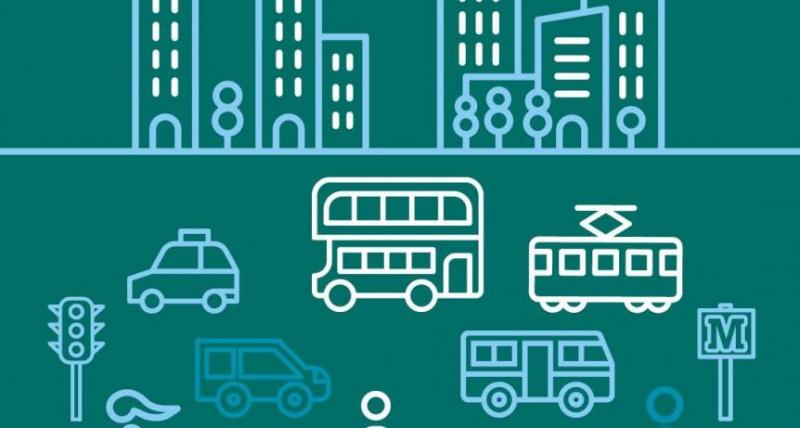
Councillors in North Tyneside will be asked to agree proposals to improve air quality.
The plans by Newcastle, Gateshead and North Tyneside councils, which depend on Government funding, have been developed following extensive consultation last year (2019).
More than 23,000 responses were received and have helped shape the plans that are set to be submitted to Government in response to a legal direction.
The direction calls on the three councils, along with many others across the country, to develop plans to tackle illegal levels of nitrogen dioxide in certain locations as quickly as possible.
Councils in the North East have sought to ensure that any measures not only improve overall air quality – rather than narrowly focusing on only one pollutant in a specific location – but also avoid a detrimental impact on the economy, local business and those on lower incomes.
The three local authorities have also called upon the Government to take action at a national level, through establishing a programme that provides financial support for the poorest in our society and for small businesses to switch to cleaner vehicles, shared transport or active travel via schemes such as mobility credits, extending electric vehicle subsidies and offering a national scrappage scheme, to name a few of the measures required to help towards combatting harmful levels of pollution.
They are calling on government to implement the asks of the UK100 group of local authorities and also to implement the recommendations of the National Infrastructure Commission. This would give certainty to infrastructure budgets over a longer period, enabling local authorities to plan and deliver works with more certainty and less focus on meeting specific funding requirements.
The final plans include a charging Clean Air Zone covering Newcastle city centre and affecting buses, coaches, HGVs, vans and taxis that do not meet minimum emissions standards.
Private cars would not be charged initially – and any plans to do this would be subject to further consultation – but this will remain under review as councils assess the impact of measures on pollution levels.
Support for those affected by charging, including grants to upgrade vehicles to models that would not be charged, exemptions and grace periods, are also included in the final proposals.
This would be put in place alongside lane restrictions on the Tyne Bridge and changes to the road layout on approaching routes, including Central Motorway and roads in Gateshead.
These measures are aimed at improving public transport priority, to make those journeys more efficient, and, subject to funding, allowing maintenance to be carried out on the bridge itself.
While no roads in North Tyneside will be included in the Clean Air Zone, the borough will experience some of the impacts of the measures.
In addition, more people travel from North Tyneside into Newcastle daily than any other neighbouring authority so the council has a role to play in influencing these trips to move to more sustainable modes of transport.
Other potential measures, include support with fleet planning for businesses, a delivery hub outside of the Clean Air Zone and major investment in public transport, walking and cycling routes so that more people can choose alternatives to driving.
Councils are also proposing to introduce a School Streets scheme, which could see roads outside of some schools closed to vehicles during the morning and afternoon periods when children are being dropped off and picked up. This scheme has been used successfully in other parts of the country and a successful trial was held outside Monkseaton Middle School last year.
Cllr Carl Johnson, cabinet member for transport and environment at North Tyneside Council, said: “It’s unacceptable that people should suffer the effects of poor air quality on their health and this is something we are determined to change.
“We believe the package of measures that we have developed, in consultation with the public, will enable us to bring pollution levels down within legal limits which will benefit the health of people living, working and visiting our areas.”
At its meeting on Monday (20 January) Cabinet will be asked to approve the full business case for the Tyneside Air Quality Plan to be submitted to Government.
Newcastle City Council approved the business case at its meeting on 8 January. Gateshead councillors will discuss the plans later this month.
If agreed, the business case will be submitted to the Joint Air Quality Unit this month (January). The delivery of the measures required will be undertaken throughout 2020: they are anticipated to be in place by January 2021 in order for the scheme to become active.
